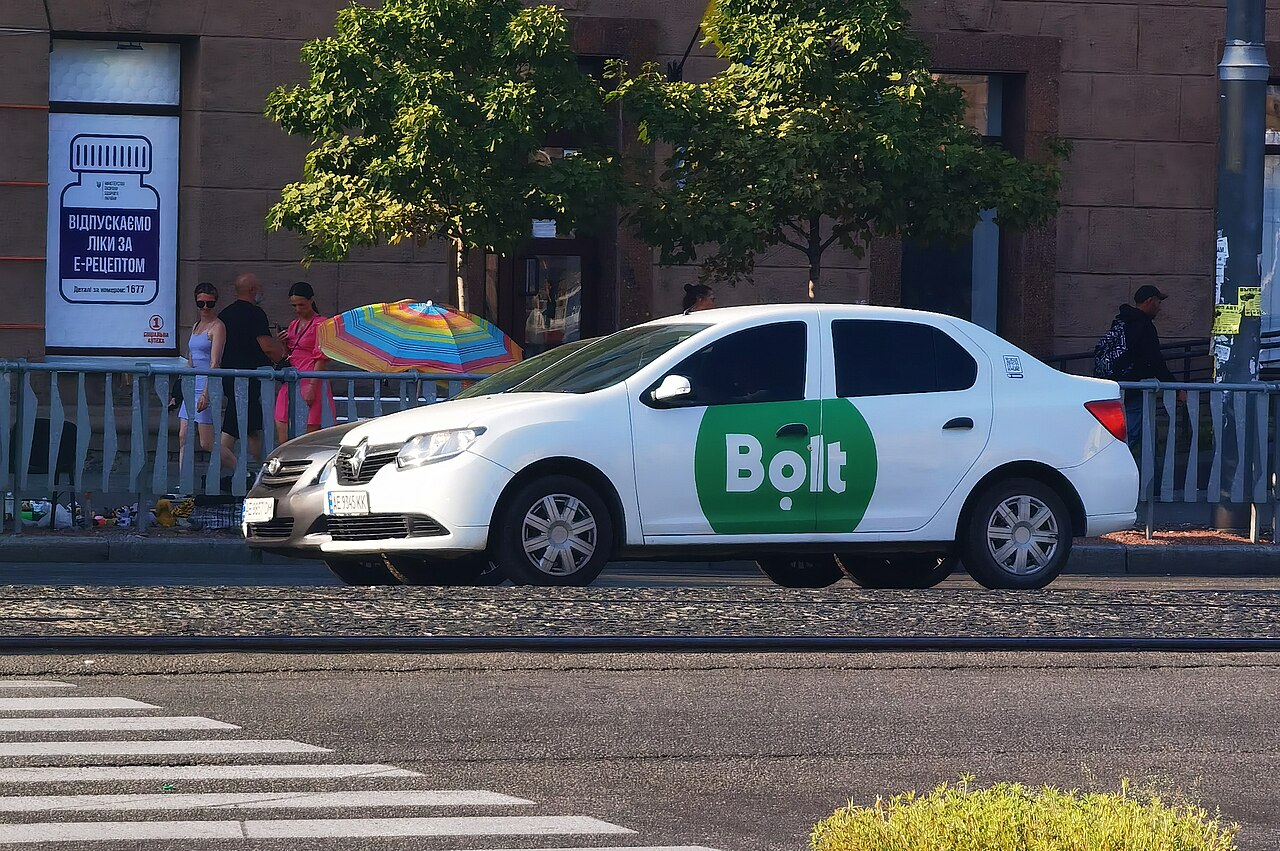This past weekend, on 25 May, hundreds of South African shoppers thought they had struck gold during Makro’s ‘Weekend Mania’ sale.
The frenzy started when eagle-eyed shoppers noticed prices on high-ticket items like MacBooks, inverters, coffee machines, TVs, and gaming laptops slashed to just R55. Social media lit up with people sharing their incredible finds and some placing multiple orders.
Can any 1 confirm is this real ? If ordered do they honor it ? pic.twitter.com/GXSmV4yEDa
— Regalroseza (@regalroseza) May 25, 2024
But as with all things too good to be true, there was a catch. By Sunday morning, Makro confirmed that these prices were a mistake. Furious customers who had already paid were informed that their orders were cancelled. The initial promise of refunds within 48 hours was then extended to 10 days, citing a “lack of stock.”
Adding to the confusion, customers initially received conflicting messages. Some were told that the cancellations were due to stock unavailability. This confusion was later clarified by Makro, who explained that the automated system marked the items as out of stock when the pricing error was corrected.
So, can Makro really just cancel these orders? According to the Consumer Protection Act (CPA), yes. The CPA gives retailers an out when it comes to “obvious errors” in advertised prices. Makro invoked this clause, explaining that the pricing error was “unintentional and obvious.”
However, some customers questioned whether the R55 prices were truly “obvious errors,” given the context of the ‘Weekend Mania’ promotion, which advertised “unbelievable deals.”
Naturally, X had a field day with this.
but you were having unbelievable deals so the pricing errors were not obvious, so now you just wanted to mislead us? section 23 (9) says you are not bound to it AFTER correcting the mistake pic.twitter.com/BgOk4woRjC
— CL16 stan account or whatever🫶🏻 (@faree_hahaha) May 26, 2024
Responding to @Tweeetla as I also ordered said R55 laptops from Makro.@Makro_SA quotes 23(9) yet fails to mention Section 23(6) as shown below.
— Sashreek (@TheNextNeo56) May 26, 2024
We paid, have receipts, and I even have estimated shipping time. We’d like our laptops, not your R50 vouchers please. pic.twitter.com/xwDwjmNCvE
Makro’s parent company, Massmart, issued an apology, citing a technical issue that affected pricing on their websites and app. Brian Leroni, Massmart’s Senior Vice President of Group Corporate Affairs, reassured customers that refunds would be processed within 48 hours (this time for real, we hope).
This incident has thrown Massmart into crisis management mode. They’ve promised to learn from this debacle to prevent similar issues in the future.
The Makro app glitch is the best birthday gift. I bought espresso machines for R55 each 😭 (they’ll probably refund me tomorrow but let me live the excitement for tonight)
— Zay Osman (@zayosman_) May 25, 2024
But for many, the damage is already done. The trust in snagging a “too good to be true” deal has taken a hit, and shoppers might think twice before jumping on such offers in the future.




